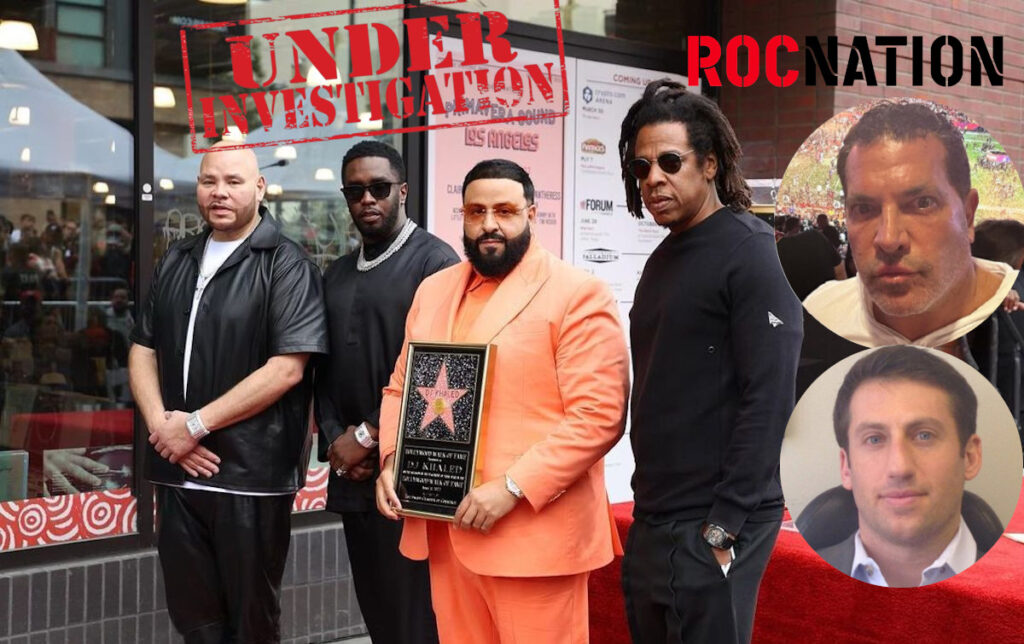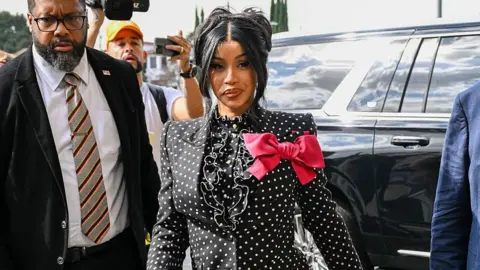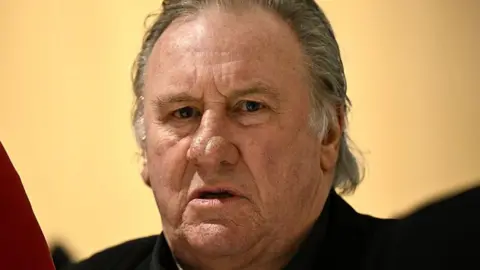Harvey Weinstein has been found guilty of sexual assault by a New York jury, marking a significant moment in his legal battles after a previous conviction in the state was overturned last year. A panel of twelve jurors, consisting of seven women and five men, took five days to deliberate in the six-week trial, ultimately convicting the former film mogul of one of the three counts against him. The jury did, however, find him not guilty of another sexual assault charge while they have yet to reach a decision on a separate rape charge.
This latest conviction adds to the 16-year sentence that Weinstein is yet to serve following his earlier sex crimes verdict in Los Angeles. Testimony in the trial was provided by three women—Miriam Haley, a former television production assistant; actress Jessica Mann; and model Kaja Sokola—who have all accused Weinstein of leveraging his power in Hollywood to sexually exploit them.
The jury found Weinstein guilty of assaulting Haley but absolved him of charges related to Sokola, while deliberations continue regarding Mann’s allegations. Following an appeal that overturned Weinstein's previous conviction in New York on the grounds of an unfair trial in 2020, he was indicted on new charges in September of this year.
Weinstein's spokesperson criticized the trial process, suggesting that jurors were influenced by preconceived biases concerning Harvey's life rather than the evidence presented. After tensions arose within the jury, including allegations from the foreperson regarding disputes between jurors, the presiding judge reiterated the need to focus exclusively on the allegations pertinent to the current case.
During the trial, Weinstein's health has been a point of discussion; he attended proceedings in a wheelchair, having been hospitalized rather than held at Riker's Island due to cancer and diabetes. The case against him centers around allegations pertaining to behaviors he exhibited to Haley and Mann, alongside newer allegations from Sokola, who claims he assaulted her when she was only 19.
While Weinstein's legal team argued that his interactions with the women were consensual, presenting evidence of friendly exchanges post-allegations, the jury has convicted him—bolstering sentiments from the #MeToo movement that emerged in response to his alleged violations.
The fallout from Weinstein's actions has not only led to countless accusations from over 100 women but has also resulted in substantial civil lawsuits, with a $19 million settlement agreed upon in 2020. Before his alleged criminal behaviors came to light, Weinstein held considerable power in Hollywood, co-founding Miramax, the studio behind multiple Oscar-winning films including "Shakespeare in Love" and "Pulp Fiction."
As developments continue to unfold, this breaking story highlights both the legal implications for Weinstein and broader societal movements prompting discussions on sexual abuse in positions of power.
This latest conviction adds to the 16-year sentence that Weinstein is yet to serve following his earlier sex crimes verdict in Los Angeles. Testimony in the trial was provided by three women—Miriam Haley, a former television production assistant; actress Jessica Mann; and model Kaja Sokola—who have all accused Weinstein of leveraging his power in Hollywood to sexually exploit them.
The jury found Weinstein guilty of assaulting Haley but absolved him of charges related to Sokola, while deliberations continue regarding Mann’s allegations. Following an appeal that overturned Weinstein's previous conviction in New York on the grounds of an unfair trial in 2020, he was indicted on new charges in September of this year.
Weinstein's spokesperson criticized the trial process, suggesting that jurors were influenced by preconceived biases concerning Harvey's life rather than the evidence presented. After tensions arose within the jury, including allegations from the foreperson regarding disputes between jurors, the presiding judge reiterated the need to focus exclusively on the allegations pertinent to the current case.
During the trial, Weinstein's health has been a point of discussion; he attended proceedings in a wheelchair, having been hospitalized rather than held at Riker's Island due to cancer and diabetes. The case against him centers around allegations pertaining to behaviors he exhibited to Haley and Mann, alongside newer allegations from Sokola, who claims he assaulted her when she was only 19.
While Weinstein's legal team argued that his interactions with the women were consensual, presenting evidence of friendly exchanges post-allegations, the jury has convicted him—bolstering sentiments from the #MeToo movement that emerged in response to his alleged violations.
The fallout from Weinstein's actions has not only led to countless accusations from over 100 women but has also resulted in substantial civil lawsuits, with a $19 million settlement agreed upon in 2020. Before his alleged criminal behaviors came to light, Weinstein held considerable power in Hollywood, co-founding Miramax, the studio behind multiple Oscar-winning films including "Shakespeare in Love" and "Pulp Fiction."
As developments continue to unfold, this breaking story highlights both the legal implications for Weinstein and broader societal movements prompting discussions on sexual abuse in positions of power.





















